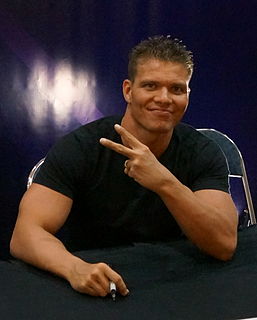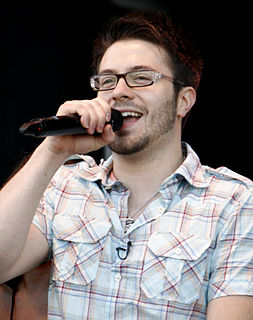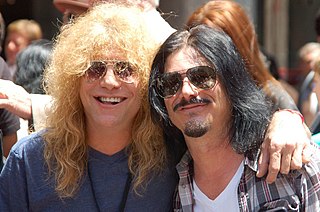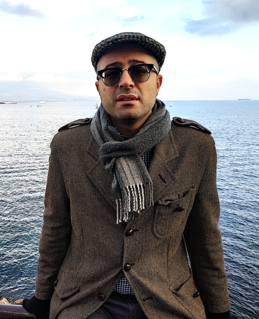A Quote by Alexandre Desplat
Well I never play back my music, just so you know, it's there sitting in my drawers and what I remember is that, what I can say is that there are steps, you know, moments in my life where I know that one score was a new chapter. I can say that 'Read My Lips,' by Jacques Audiard, 'Sur Mes Levres' was a chapter.
Related Quotes
We are great mysteries. No matter what we imagine we may know, even for all the facts we might gather, we don't know each other. Never do, probably never will. Our reputations depend on the opinions of the ill informed. We all have better moments than anybody ever knows, and so do all the others. We are, each one of us, books that are read by critics who only glanced at the chapter headings and the jacket flap. Each one of us is a secret, and on that basis we ought to treat each other with the deepest respect.
I think, you know, for someone who does play, let's say, old music or, you know, Baroque music or Renaissance music - and you know, and I do play a lot of that, obviously - engaging with new composers, engaging with young composers, is really exciting because it makes me look at people of the past in a very different way that they are also living, that there was a lot of subjectivity in the decisions that they were making.
If God is an author and the universe is the biggest novel ever written, I may feel as if I'm the lead character in the story, but like every man and woman on Earth, I am a suporting player in one of billions of subplots. You know what happens to supporting players. Too often they are killed off in chapter 3, or in chapter 10, or in chapter 35. A supporting player always has to be looking over his shoulder.
I would look at the first chapter of any new novel as a final test of its merits. If there was a murdered man under the sofa in the first chapter, I read the story. If there was no murdered man under the sofa in the first chapter, I dismissed the story as tea-table twaddle, which it often really was.
What I do usually is read the book first, for pleasure, to see if my brain starts connecting with it, as a movie. And then, if I say yes, I read it again, only this time I take a pen and, inside the book, I say, "Okay, this is a scene. I don't need this. I'm going to try this. I'm not going to take this." And then, I use that book like a bible and each chapter heading, I write a menu of what's in that chapter, in case I ever need to reference it. And then, I start to outline and write it. I get in there and it starts to evolve, based on having re-read it again.
If Mother Culture were to give an account of human history using these terms, it would go something like this: ' The Leavers were chapter one of human history -- a long and uneventful chapter. Their chapter of human history ended about ten thousand years ago with the birth of agriculture in the Near East. This event marked the beginning of chapter two, the chapter of the Takers. It's true there are still Leavers living in the world, but these are anachronisms, fossils -- people living in the past, people who just don't realize that their chapter of human history is over. '
The idea was that we would decide the order when we looked at the proofs. I remember Brion Gysin saying "Well, why change it? It's perfect the way it is, the way it came from the printer." Made one major change, that is, the first chapter that came from the printers, which would be the beginning, we moved to the end. The first chapter became the last chapter. There's no actual cutups in Naked Lunch.








































